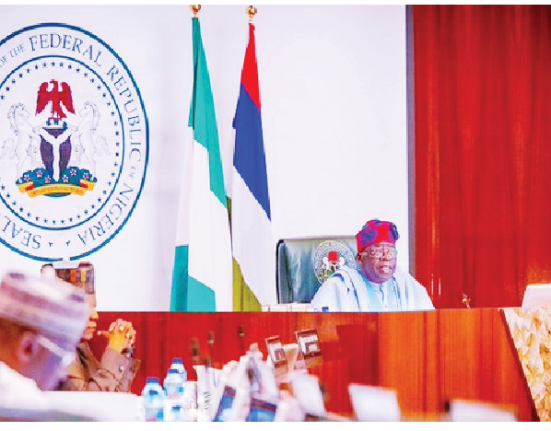Abuja, July 18, 2025 — Nigeria’s recent decline in inflation has created room for the Central Bank of Nigeria (CBN) to consider a more cautious approach to monetary policy easing, analysts have observed.
The National Bureau of Statistics (NBS) on Wednesday reported that headline inflation dropped to 22.22% in June 2025, marking a second consecutive monthly decline and signaling a potential turning point in the country’s economic outlook. This trend, according to experts, offers the CBN a chance to recalibrate its policy stance in a manner that supports growth without compromising price stability.
With global commodity prices stabilizing and domestic food supply improving slightly due to seasonal harvests, pressure on consumer prices appears to be easing. This has strengthened the argument for a gradual reduction in benchmark interest rates, which currently remain at elevated levels aimed at curbing inflationary pressures.
While the Central Bank has yet to announce a formal policy change, financial markets are already responding positively to the latest figures. Treasury yields have moderated, and investor sentiment toward Nigerian equities and bonds has improved in anticipation of more growth-friendly policies.
However, economists warn that any policy easing must be approached with caution. Structural factors such as fuel subsidy removal, foreign exchange volatility, and insecurity in food-producing regions continue to pose upside risks to inflation.
The Central Bank’s next Monetary Policy Committee (MPC) meeting, scheduled for later this month, will be closely watched as it provides critical guidance on the future direction of Nigeria’s monetary strategy amidst a delicate balance between inflation control and economic recovery.







